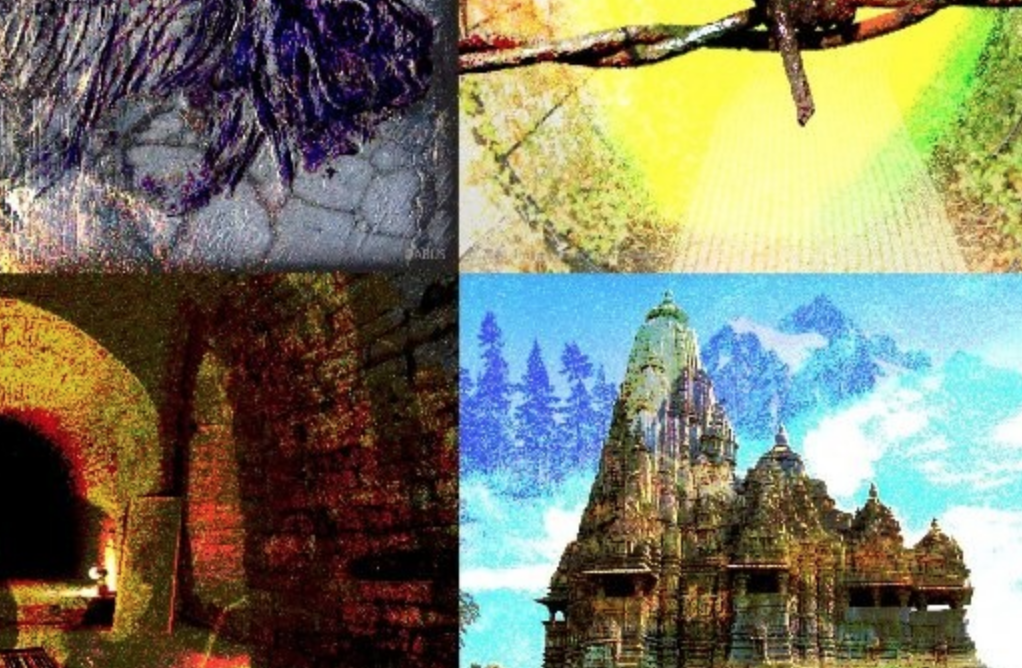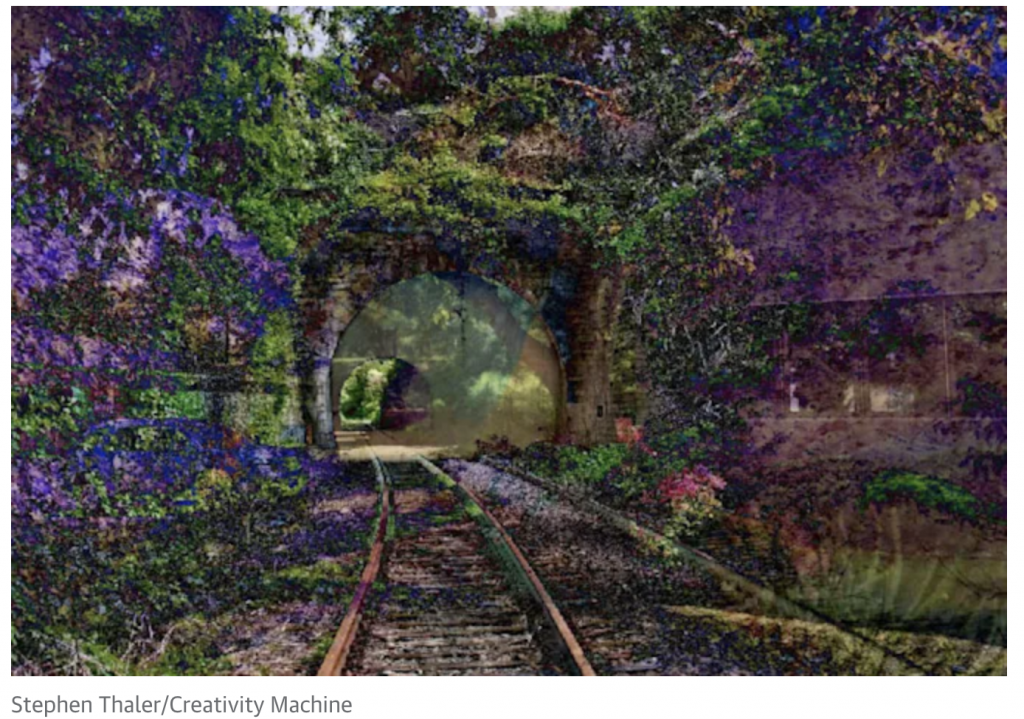
AI is invading the norms of art, but won’t be granted copyright protection for its creations.
Courts Decide that Non-Human Expression Doesn’t Qualify for Copyright Protection
It was not a good day for AI-generated art or artists. And in the argument before the courts, both sides had valid points. In theverge.com comes the sad news.
Dr. Stephen Thaler attempted to copyright a piece of art titled A Recent Entrance to Paradise, claiming in a second request for reconsideration of a 2019 ruling that the USCO’s “human authorship” requirement was unconstitutional.
The U.S. Copyright Office has rejected a request to let an AI copyright a work of art. Last week, a three-person board reviewed a 2019 ruling against Steven Thaler, who tried to copyright a picture on behalf of an algorithm he dubbed Creativity Machine. The board found that Thaler’s AI-created image didn’t include an element of “human authorship”—a necessary standard, it said, for protection.
This is the second try by Thaler. He also went to court over other AI issues. The courts have ruled in the past that a monkey or an elephant’s art project can not be copyrighted due to a lack of humanity being involved.
Below is the really extraordinary picture designed by Thaler’s AI, which he calls Creativity Machine. He programmed the algorithms to be responsive to his sad story about the end of life.

The AI-generated work, ‘A Recent Entrance to Paradise,’ was denied copyright protection.
Creativity Machine’s work, seen above, is named “A Recent Entrance to Paradise.” It’s part of a series Thaler has described as a “simulated near-death experience” in which an algorithm reprocesses pictures to create hallucinatory images and a fictional narrative about the afterlife. Crucially, the AI is supposed to do this with extremely minimal human intervention, which has proven a dealbreaker for the Copyright Office.
The courts ruled that human input must be at a higher level than Thaler has produced thus far.
The board’s decision calls “the nexus between the human mind and creative expression” a vital element of copyright
Sadly, Thaler has had little success in other court cases based on AI creativity and how it imprints our world. He’s unsuccessfully tried to establish that AIs can patent inventions in the U.S., as well.
But he gets closer every time. Eventually, he will add ‘artist’ to the resume of his Creativity Machine.
read more at theverge.com







Leave A Comment